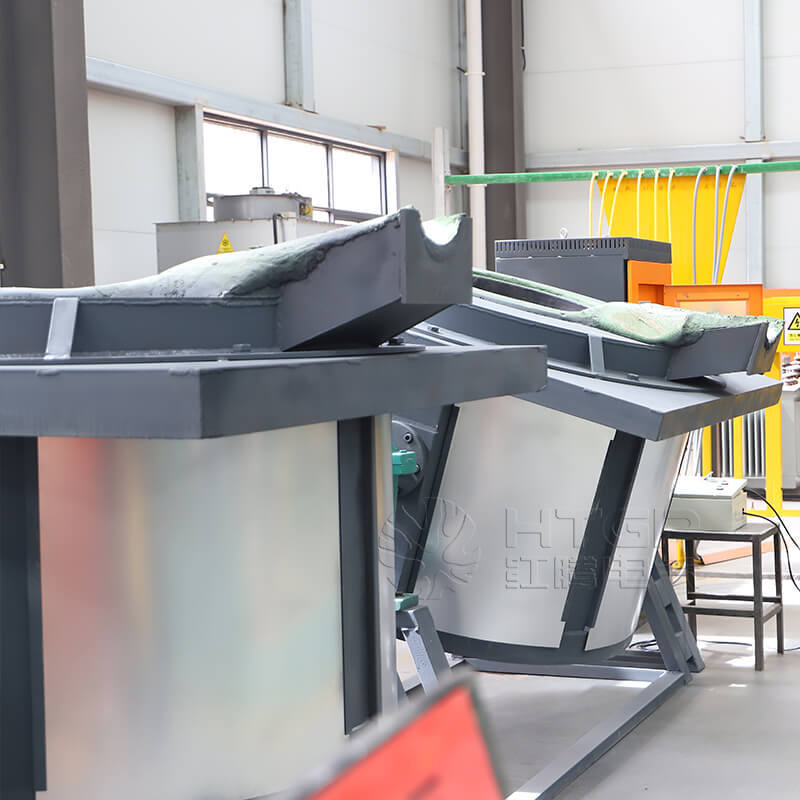Alcast Company Can Be Fun For Everyone
Table of ContentsOur Alcast Company PDFsSome Known Facts About Alcast Company.Alcast Company for BeginnersThe Main Principles Of Alcast Company 9 Easy Facts About Alcast Company Described10 Simple Techniques For Alcast Company
The refined distinction depends on the chemical material. Chemical Contrast of Cast Aluminum Alloys Silicon promotes castability by minimizing the alloy's melting temperature and enhancing fluidness throughout spreading. It plays a vital duty in allowing elaborate mold and mildews to be filled up properly. In addition, silicon contributes to the alloy's stamina and put on resistance, making it beneficial in applications where sturdiness is crucial, such as automobile parts and engine elements.It additionally boosts the machinability of the alloy, making it less complicated to refine right into completed items. By doing this, iron adds to the overall workability of aluminum alloys. Copper raises electric conductivity, making it useful in electric applications. It likewise enhances corrosion resistance and contributes to the alloy's total stamina.
Manganese adds to the stamina of light weight aluminum alloys and enhances workability. Magnesium is a light-weight aspect that provides toughness and impact resistance to light weight aluminum alloys.
10 Simple Techniques For Alcast Company
Zinc enhances the castability of aluminum alloys and helps manage the solidification process during spreading. It boosts the alloy's toughness and solidity.

The key thermal conductivity, tensile strength, yield stamina, and prolongation vary. Select suitable basic materials according to the performance of the target product created. Amongst the above alloys, A356 has the highest possible thermal conductivity, and A380 and ADC12 have the least expensive. The tensile restriction is the opposite. A360 has the finest return strength and the greatest prolongation price.
4 Simple Techniques For Alcast Company

In accuracy spreading, 6063 is well-suited for applications where detailed geometries and top notch surface finishes are critical. Instances include telecommunication rooms, where the alloy's premium formability enables for streamlined and aesthetically pleasing styles while keeping architectural integrity. In the Illumination Solutions sector, precision-cast 6063 components produce elegant and effective illumination fixtures that call for detailed forms and good thermal performance.
The A360 shows premium prolongation, making it excellent for facility and thin-walled elements. In precision casting applications, A360 is well-suited for industries such as Consumer Electronics, Telecommunication, and Power Tools.
Our Alcast Company Ideas
Its distinct residential properties make A360 a useful choice for precision spreading in these markets, boosting item durability and high quality. aluminum metal casting. Aluminum alloy 380, or A380, is a widely used casting alloy with several distinctive qualities.
In accuracy spreading, aluminum 413 shines in the Customer Electronics and Power Tools sectors. This alloy's exceptional corrosion resistance makes it an excellent selection for outside applications, guaranteeing durable, long lasting products in the stated markets.
An Unbiased View of Alcast Company
The aluminum alloy you choose will significantly influence both the spreading process and the residential properties of the last item. Because of this, you should make your decision very carefully and take an enlightened strategy.
Identifying the most appropriate light weight aluminum alloy for your application will certainly indicate considering a broad array of attributes. These comparative alloy qualities comply with the North American Pass Away Spreading Organization's guidelines, and we've split them into two categories. The first category addresses alloy qualities that affect the manufacturing process. The 2nd covers characteristics affecting the homes of the final product.
Excitement About Alcast Company
The alloy you choose for die spreading directly affects numerous aspects of the spreading process, like just how easy the alloy is to deal with and if it is prone to casting issues. Hot cracking, likewise known as solidification splitting, is a typical die spreading defect for light weight aluminum alloys that can result in interior or surface-level rips or fractures.
Certain light weight aluminum alloys are extra vulnerable to hot splitting than others, and your option should consider this. It can damage both the cast and the die, so you should look for alloys with high anti-soldering residential properties.
Deterioration resistance, which is already a significant feature of aluminum, can vary considerably from alloy to alloy and is an important characteristic to think about depending upon the environmental conditions your product will be subjected to (Foundry). Use resistance is one more building frequently looked for in light weight aluminum items and can differentiate some alloys